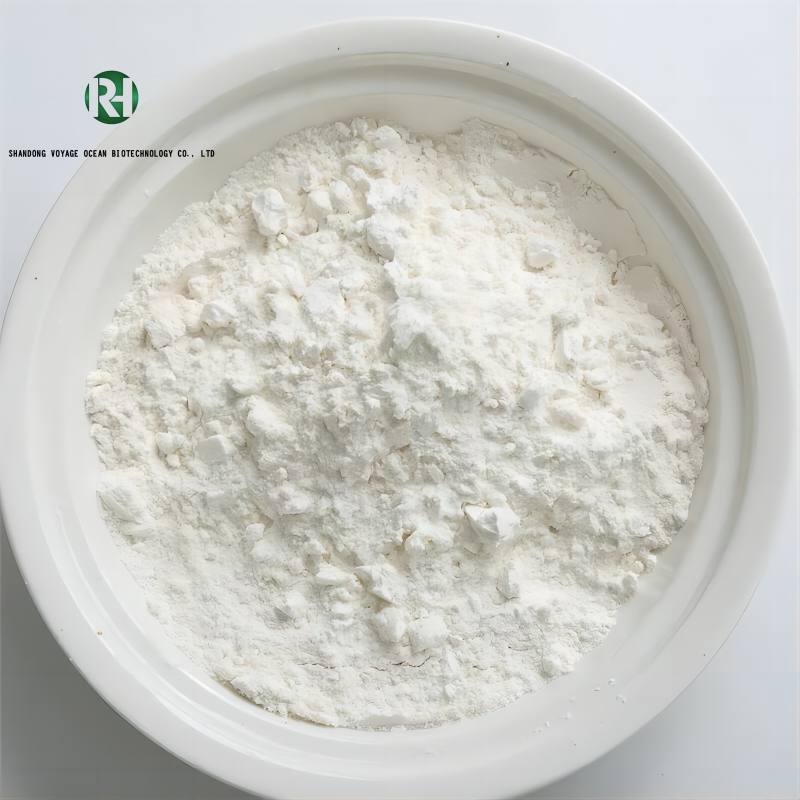-
Categories
-
Pharmaceutical Intermediates
-
Active Pharmaceutical Ingredients
-
Food Additives
- Industrial Coatings
- Agrochemicals
- Dyes and Pigments
- Surfactant
- Flavors and Fragrances
- Chemical Reagents
- Catalyst and Auxiliary
- Natural Products
- Inorganic Chemistry
-
Organic Chemistry
-
Biochemical Engineering
- Analytical Chemistry
- Cosmetic Ingredient
-
Pharmaceutical Intermediates
Promotion
ECHEMI Mall
Wholesale
Weekly Price
Exhibition
News
-
Trade Service
Nov 17, 2020 // -- A new study led by experts at Cincinnati Children's Hospital shows that the activity of BCAP protein can help the body repair intestinal tissue from inflammation.
the findings, published online November 16, 2020 in the journal PNAS, suggest that targeting BCAP with a new drug could benefit people with diseases such as inflammatory bowel disease (IBD) and rheumatoid arthritis.
"This study provides a basic understanding of how macroph.com ages regulate their response to pathogens to provide an effective but controlled inflammatory response and avoid damage to host tissue," said lead author Ricardo Irizarry-Caro of the Cincinnati Department of Child Immunobiology and senior author Dr. Chandrashekhar Pasare.
, the study has implications for the discovery of small molecule drugs targeting BCAP, which can be used to promote the conversion of restorative macrophages or to induce a strong inflammatory response by ingesting just one protein.
" reduces inflammation to help treat inflammatory diseases such as IBD and rheumatoid arthritis.
, in cancer treatment, promoting an inflammatory response helps promote an immune response to solid tumors.
when macrophages identify bacterial pathogens, such as E. coli, they activate an inflammatory response to eliminate pathogens.
, this response needs to be maintained to avoid damaging the host organization.
new study shows that macrophages use a molecule called BCAP to transition to a repair state when they clear an infection.
it is important to reject macrophage-triggered immune responses once they have been completed, as uncontrolled inflammation can lead to diseases such as inflammatory bowel disease (IBD).
macrophages use Tol-like receptors (TLRs) to sense pathogens that activate and cause early inflammation.
authors found that in the lower reaches of TLR activation, BCAP also activated a parallel pathway called the PI3K-AKT pathway, which limits these inflammatory signals.
researchers found that TLR-activated downstream BCAP inhibited two key proteins, GSK3b and FOXO1, limiting inflammation triggered by pathogen sensing.
team also found that BCAP was necessary to promote a metabolic process called histoprotein emulsification, which causes macrophages to transition and supports intestinal repair after injury.
to identify or develop drugs that control BCAP activity will be an important future goal for drug research, the authors said.
() Source: Study pinpoints target for managinging, promoting tissue repair Original source: Ricardo A. Irizarry-Caro el al., "TLR signaling adapter BCAP regulatess to reparatory macrophage transition by promoting histone lactation," PNAS (2020).







